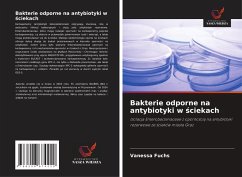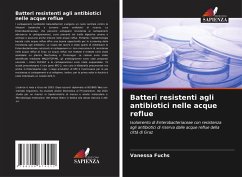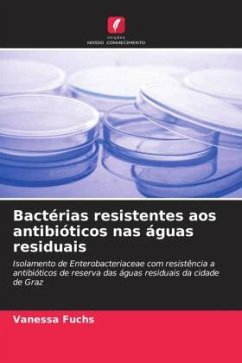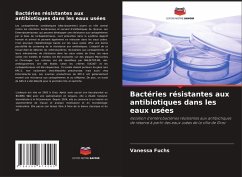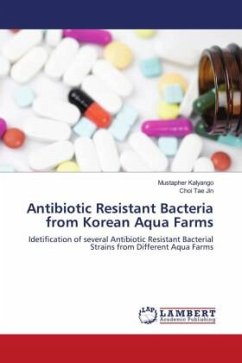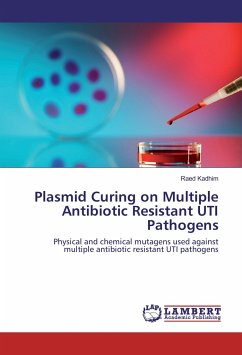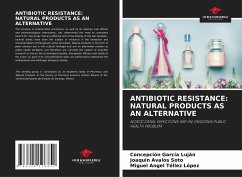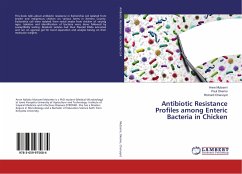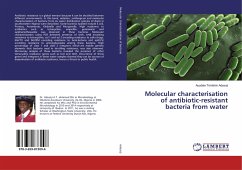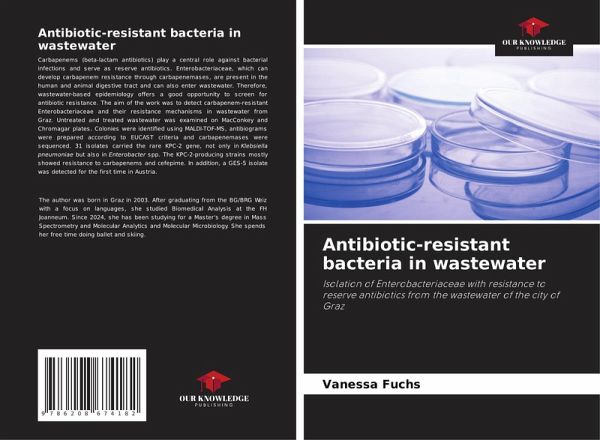
Antibiotic-resistant bacteria in wastewater
Isolation of Enterobacteriaceae with resistance to reserve antibiotics from the wastewater of the city of Graz
Versandkostenfrei!
Versandfertig in 6-10 Tagen
29,99 €
inkl. MwSt.

PAYBACK Punkte
15 °P sammeln!
Carbapenems (beta-lactam antibiotics) play a central role against bacterial infections and serve as reserve antibiotics. Enterobacteriaceae, which can develop carbapenem resistance through carbapenemases, are present in the human and animal digestive tract and can also enter wastewater. Therefore, wastewater-based epidemiology offers a good opportunity to screen for antibiotic resistance. The aim of the work was to detect carbapenem-resistant Enterobacteriaceae and their resistance mechanisms in wastewater from Graz. Untreated and treated wastewater was examined on MacConkey and Chromagar plat...
Carbapenems (beta-lactam antibiotics) play a central role against bacterial infections and serve as reserve antibiotics. Enterobacteriaceae, which can develop carbapenem resistance through carbapenemases, are present in the human and animal digestive tract and can also enter wastewater. Therefore, wastewater-based epidemiology offers a good opportunity to screen for antibiotic resistance. The aim of the work was to detect carbapenem-resistant Enterobacteriaceae and their resistance mechanisms in wastewater from Graz. Untreated and treated wastewater was examined on MacConkey and Chromagar plates. Colonies were identified using MALDI-TOF-MS, antibiograms were prepared according to EUCAST criteria and carbapenemases were sequenced. 31 isolates carried the rare KPC-2 gene, not only in Klebsiella pneumoniae but also in Enterobacter spp. The KPC-2-producing strains mostly showed resistance to carbapenems and cefepime. In addition, a GES-5 isolate was detected for the first time in Austria.



